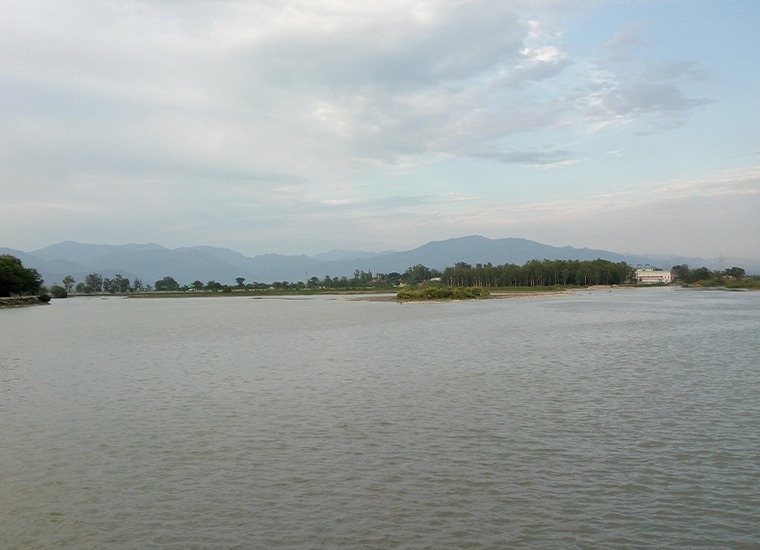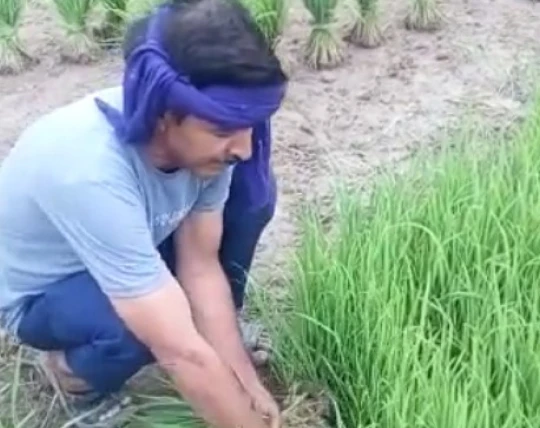Our skilled farmers of Dehradun cultivate a variety of organic and sustainably grown crops like Rajma, Wheat, Paddy and more which are then fine-graded and checked for quality assurance before distribution.


Nature Bio Foods’ Dehradun project is situated in the tranquil valley of Dehradun in Uttarakhand, also known as the land of the Gods. Our farmers cultivate various organic crops in this area. The project is specifically located in Vikasnagar, a district in Uttarakhand, India. It seamlessly blends both city and village life, with both cultures coexisting in harmony. The people and farmers of Dehradun are hardworking and kind, leading simple yet inspiring lives. As they are at the heart of our business, we are honoured to positively impact their lives through our organic farming practices and initiatives.
Organic Farms of Dehradun, Uttarakhand
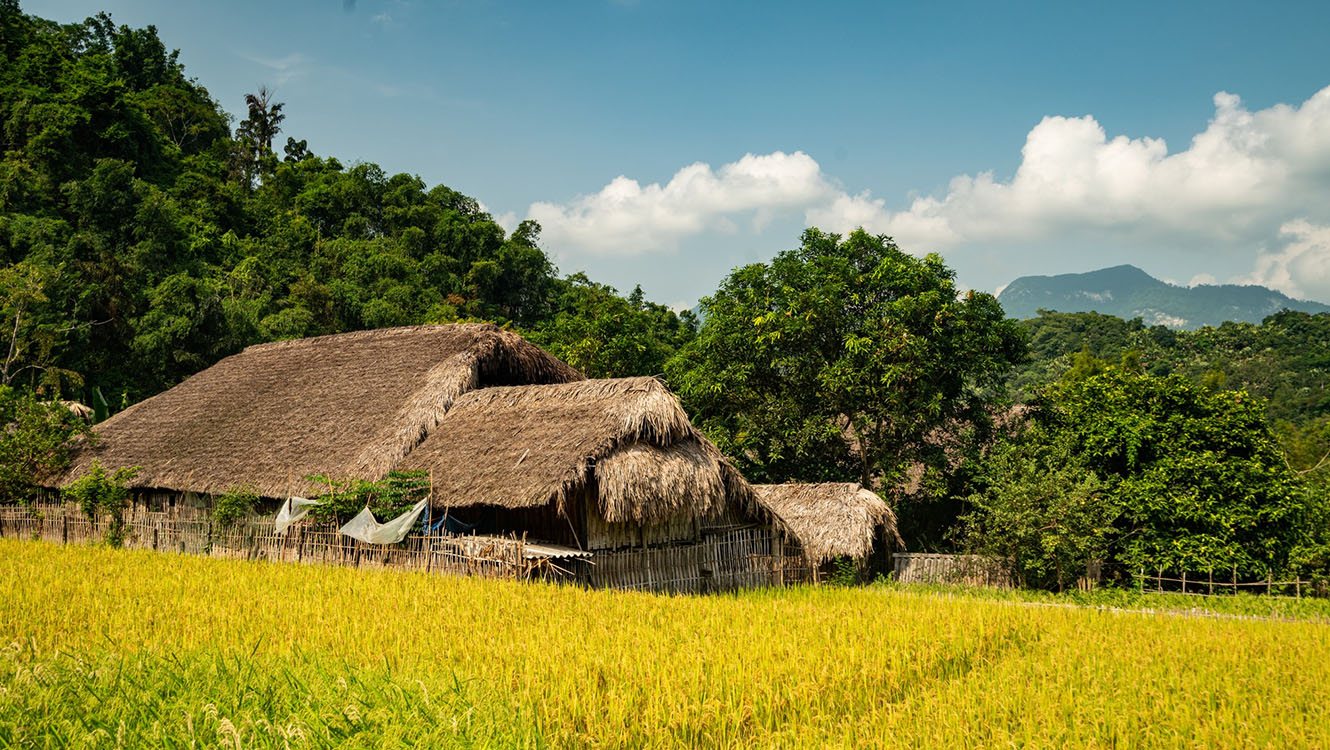

Location of the Project
The Dehradun Project is located in Vikasnagar, Dehradun district of Uttarakhand, India. It has an average elevation of 452 meters (1,483 feet) and lies along the river Yamuna, about 40 km northwest of Dehradun, the capital of Uttarakhand.
The coordinates of the project site in the Doon Valley are 30.345°N 78.029°E.

Organic Certification
NPOP Certified Dehradun Project

Nature Bio Foods prioritizes organic farming and follows a sustainable approach to produce nutritious and environmentally responsible food in our Dehradun project. Our farmers cultivate crops with the use of organic manure and bio formulations, and we place emphasis on soil health and sound soil management practices. By implementing the National Program for Organic Production (NPOP) guidelines, we ensure that our organic products meet the highest standards of quality and authenticity. Our commitment to organic farming not only produces vibrant, disease-resistant crops but also supports the long-term health and vitality of the soil.

Organic Farms of Dehradun, Uttarakhand
The Doon Valley is renowned for its diverse wildlife and pleasant weather, making it one of the most desirable cities in India. Situated in the heart of the Himalayas and the Shivalik Range, it covers an expansive area of approximately 2003 square kilometers, with an average elevation of 640 meters above sea level. The region boasts unique physical characteristics and abundant natural resources.
Bordered by the small Himalaya to the north, the Shivalik hills to the south, the Ganga River to the east, and the Yamuna River to the west, Doon Valley benefits from a favorable climate that can be enjoyed throughout the year. The topography of Dehradun, located at an elevation of 3350 meters, is characterized by cascading rivers, verdant forests, and captivating valleys, earning it the title of “heaven on Earth” due to its breathtaking beauty.
Agricultural Characteristics
Soil Profile

The soil in both blocks of Dehradun district is generally fertile, especially near the rivers. Although clay content can be high in some areas, overall the soil is suitable for all types of crops.
The physical analysis of the soil shows that the texture consists of 42.91% sand, 33.02% silt, and 41.85% clay. The soil moisture is 49.53%, and it has a water holding capacity of 51.99%. Other characteristics include a bulk density of 1.29 gcm-3, porosity of 53.10%, and particle density of 2.44gcm-3.
The three major soil types found in NBF Dehradun project:
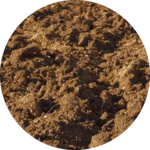
Alluvial Soil: This type of soil is formed by the deposition of sediments brought down by rivers and streams. It is the most common soil type in the region, and it is found along the banks of rivers like the Ganges, Yamuna, and their tributaries. Alluvial soil is rich in nutrients and organic matter, making it highly fertile and suitable for cultivation.
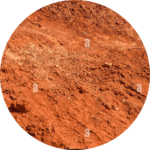
Red and Yellow Soil: This type of soil is found in the hilly areas of Dehradun. It is formed by the weathering of rocks and has a reddish or yellowish color due to the presence of iron and aluminum oxides. Red and yellow soil is generally less fertile than alluvial soil, but it can still support some types of crops.

Mountain Soil: This type of soil is found at high altitudes in the mountains surrounding Dehradun. It is formed by the weathering of rocks and is generally rocky and poor in nutrients. Mountain soil is not suitable for cultivation, but it provides habitat for various types of plants and animals.
Climate Condition
Dehradun is situated 600 meters above sea level and enjoys a warm and temperate climate. The summers in Dehradun receive significantly more rainfall than the winters. The average annual temperature in the city is 20.4 °C | 68.8 °F, and the average yearly precipitation is about 1441 mm | 56.7 inches.
Temp.
Minimum

5.2 °C
(Dec-Jan)
Maximum

36 °C
(May-June)
Humidity
Minimum

14.9 %
(Dec-Jan)
Maximum

91.8 %
(May-June)
Rainfall
Average Rainfall

2025.43 mm
Seasons
There are mainly three seasons.

Summer
(Mar-June)

Rainy
(July-Sep)

Winter
(Oct-Feb)
Farm Water Availability
Farmers in District Dehradun have access to both surface and subsurface sources of water for irrigation purposes. Perennial rivers, springs, seasonal rivulets, and gadheras provide the source for constructing canals and guls. The district has four main canal systems, namely Bijapur, Rajpur, Kalanga, and Jakhan, with a combined length of 786 km. The canals were developed during the British period and are currently maintained by the state irrigation department. Subsurface water is accessed through tube wells, with 118 functional irrigation tube wells in the district as of 31.3.2009. Other irrigation practices include pump sets, hydrum, hauz, tanks, etc.
Nature of Farmers
The farmers in the region are hardworking, cooperative and readily offer assistance to each other. The traditional practice of exchanging labor among farmers for agricultural work still exists in some villages, particularly those with a Garhwali population. Farmers are interested in adopting new techniques, particularly those related to organic farming, and are quick to learn new methods such as System of Rice Intensification (SRI) and using homemade inputs like composts, biopesticides, and liquid manures.

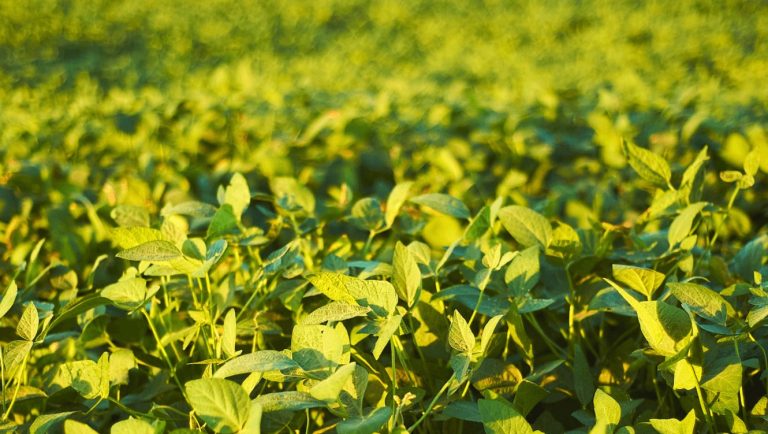

Growing Conditions
The growing conditions in the Doon Valley are ideal for most Kharif and Rabi crops, particularly Dehradun Basmati and Rajma. The favorable environment enhances the aroma and taste of Dehradun Basmati, making it popular worldwide. The region receives above-normal rainfall of up to 2000mm per year. Irrigation is prevalent in the low-lying areas, while rainfed agriculture is common in the higher elevations of the valley.
Crop Details
The farmers of this project are experts in the production of the paddy crop, especially the Dehradun Basmati, Basmati CSR-30, and Kasturi Basmati. Farmers have been growing Dehraduni Basmati (Type-3 for almost 100 years.)
Kharif
Paddy- Basmati Paddy CSR-30, PB1637, Type-3, Sarbati, Kasturi Pulses- Naurangi Dal
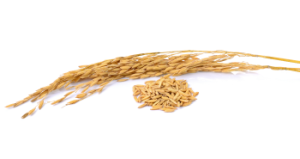
Rabi
Wheat, Rajma, Oats, Peas
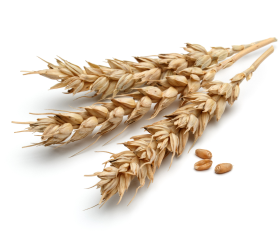
Statistics
NBF Supply Chain

NBF Supply Chain
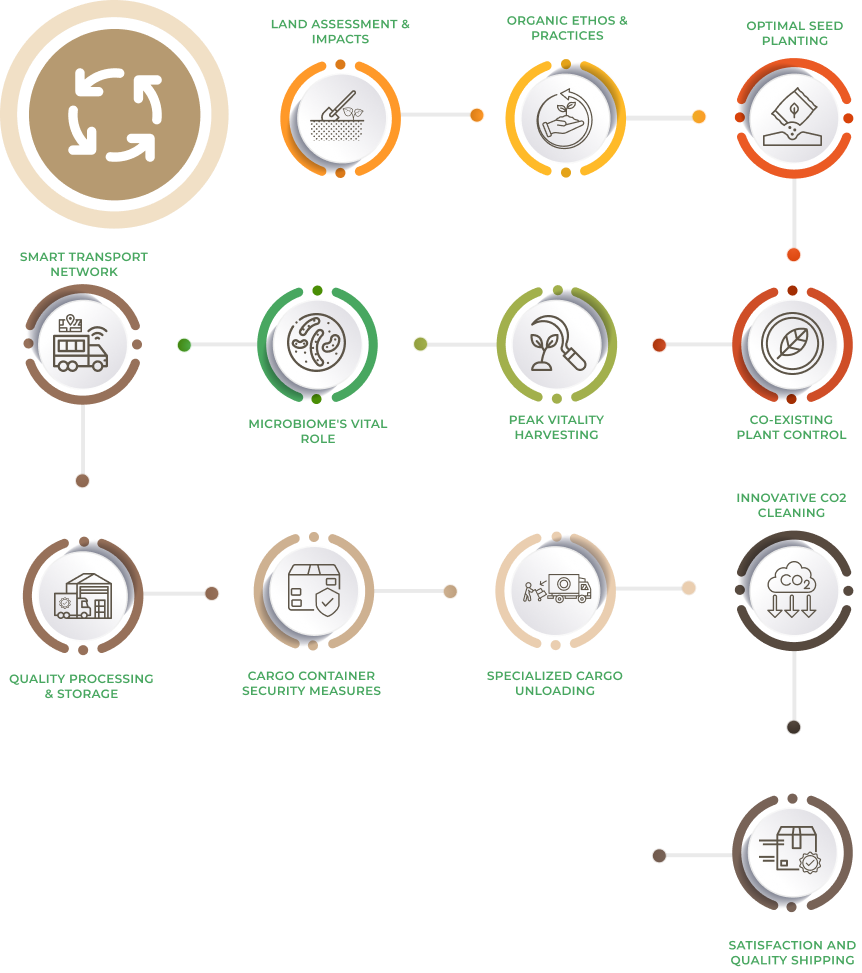
Transport Modes to Reach Dehradun?
Dehradun can be reached out to with ease from Uttarakhand and other parts of the country, especially northern states by all three means of transportation.

By Train
Dehradun has great connectivity via rail to most major parts of the country. Cities like Mumbai, Delhi, Chennai, Amritsar, Kolkata, Indore, Varanasi, Ujjain, Gorakhpur, etc. are well connected to Dehradun.

By Road
Private and public buses are a popular means to reach Dehradun via Delhi. Buses from major parts of the north region travel to Dehradun.

By Air
The Jolly Grant airport situated at the outskirts of the city is the best way to reach Dehradun by air. Flights from Delhi connect to Dehradun.

Places of Attraction in Dehradun


Elevation
It has an average elevation of roughly 640 meters (2,100 feet).


River
Dehradun is located at the foothills of the Himalayas on the bank of river Song.


Soil
The soil in both the blocks of district Dehradun is quite fertile especially near the rivers and consists of majorly sand, silt, and clay.
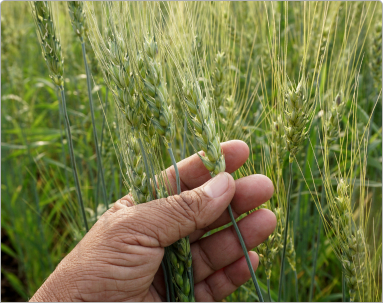

Crop
Horticulture crops include Basmati, Sarbati, Kasturi rice, Naurangi Dal, Wheat, Rajma, Oats, Peas
Sustainability Efforts
Economic
| Transforming Classrooms: Digitized Learning Spaces |
1 |
|
| Illuminating Streets with Environment-Friendly Solar Lighting |
50 |
|
| Women's Empowerment through Entrepreneurial Training Programs |
132 |
|
| Empowering Young Women: Career Counseling for Future Success |
789 |
|
| Craftsmanship Unleashed: Skill Development in Artisanal Handicrafts |
567 |
|
Social
| Fostering Educational Partnerships: Village School Adoption Program |
1 |
|
| Students Holistic Development |
90 |
|
| Nourishing the Future: Workshop on Child Nutrition and Well-being |
800 |
|
| Guiding the Leaders of Tomorrow: Mentoring Programs for Students |
1200 |
|
Environmental
| Promoting Sustainable Agriculture: Land Laser Leveling, SRI, DSR) in Acre |
200 |
|
| Cultivating the Earth: Advanced Training in Soil Regeneration |
456 |
|
| Towards a Plastic-Free Future: Comprehensive Reduce and Reuse Initiatives |
765 |
|
| Preserving Our Lifeline: Campaigns for Water Conservation and Stewardship |
343 |
|
| Agriculture in Harmony with Nature: Organic Farming workshops |
987 |
|
| Clean Village, Healthy Village: Promoting Cleanliness and Sanitation at the Grassroots Level |
653 |
|
Our Impact

Impact of our Farmers
Farmers employ various methods to enhance soil fertility, such as crop rotation, cover cropping, reduced tillage, and application of compost. By reducing fuel-intensive tillage, less soil organic matter is lost to the atmosphere, leading to carbon sequestration. This reduces greenhouse gases and helps to reverse climate change. Moreover, reduced tillage can improve soil structure and decrease the possibility of soil erosion.

The difference our People are Making
Our organization uses several processes such as converting land from conventional management to organic management, managing the entire surrounding system to ensure biodiversity and sustainability, and crop production with the use of alternative sources of nutrients such as crop rotation, residue management, and organic manures. We provide complete biological inputs to our crops.
We also manage weeds and pests through better management practices, physical and cultural means, and our teams supervise and manage these activities. This approach makes us an integral contributor to the cause of sustainability.

Contribution by our Customers
Consumers are becoming increasingly aware of food safety and environmental issues, and their concern for their own health, the environment, and worldwide crises has risen exponentially. Organic agriculture has always been a production option followed by a few farmers worldwide, but now it has become the only option for many consumers. Simply by consuming organic produce, consumers are contributing to the overall health of the planet and creating an impact.



